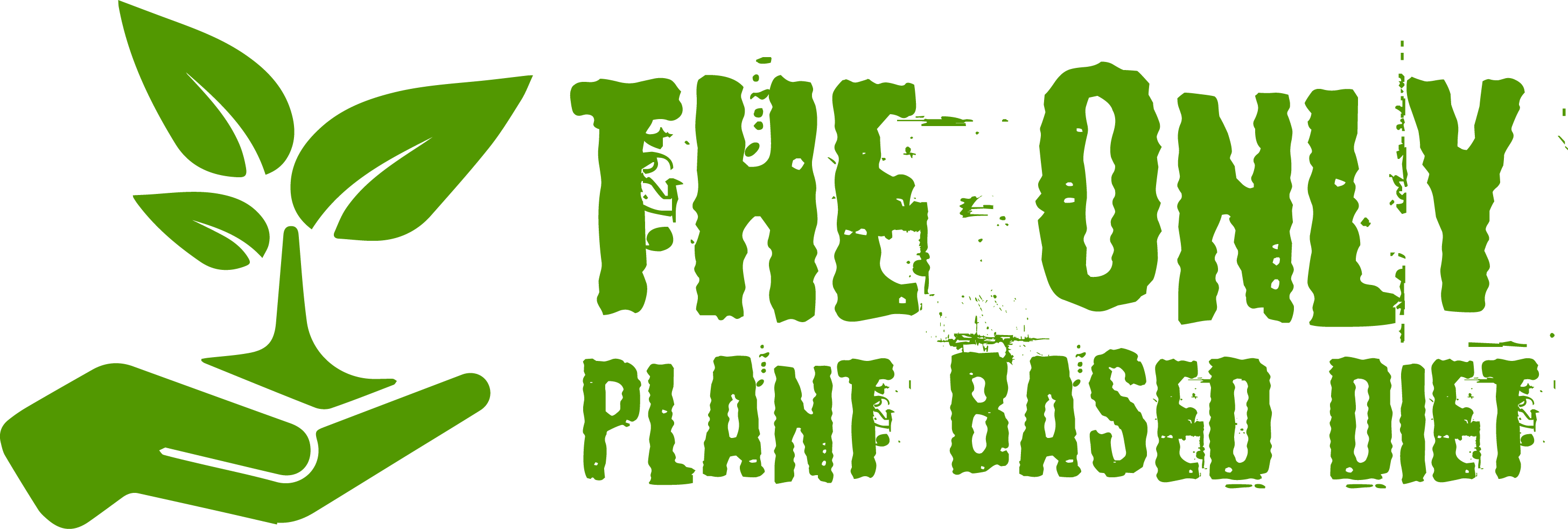In the kaleidoscope of diets, veganism has emerged as not only a trend but a lifestyle change for many. However, it’s ensnared in a web of misconceptions, one of which points towards an association with eating disorders. Let’s embark on a journey to unveil the truth behind this assertion.
Unveiling Veganism: Beyond the Myths
Unveiling Veganism: Beyond the Myths” refers to the critical exploration of misconceptions commonly associated with a vegan diet, a lifestyle choice that eliminates the consumption of animal products and by-products.
This section aims to debunk myths, particularly the contentious belief linking veganism directly to the development of eating disorders. It emphasizes that while veganism is a growing trend due to ethical, environmental, and health reasons, it’s often misunderstood, leading to stereotypes that can adversely affect those who choose this lifestyle.
The goal is to clarify these misconceptions by presenting factual information and thereby encouraging a more inclusive and informed perspective on veganism.
The Rise of Veganism: A Health and Wellness Trend
From environmental concerns to ethical beliefs and health considerations, various factors have propelled veganism into the spotlight. However, with this surge, misunderstandings have arisen, casting shadows over the benefits of a plant-based diet.
Debunking the Myth: Veganism and Eating Disorders
The stereotype that vegans are prone to developing eating disorders simply due to their dietary choices is not only harmful but largely unfounded. This misconception impacts the lives of countless individuals, creating stigmas and often complicating the treatment process for genuine health concerns.
The Stereotype Impact: Treatment Hurdles for Vegans
This ingrained stereotype poses significant challenges, particularly when vegans with actual eating disorders seek treatment. Many healthcare facilities have been known to turn away vegan patients or pressurize them into adopting non-vegetarian diets for inpatient treatments.
The Healthcare Struggle: Vegans Facing Bias
The Healthcare Struggle: Vegans Facing Bias” delves into the challenges vegans often encounter within the healthcare system, primarily due to prevailing biases and misconceptions about their dietary choices.
This segment highlights the unfortunate reality where vegans, especially those battling eating disorders, face hurdles in seeking treatment.
They are sometimes met with skepticism or outright rejection from medical centers, or pressured to conform to non-vegetarian dietary standards during inpatient care. This bias not only impedes timely and appropriate healthcare but also disregards the ethical and personal reasons behind their lifestyle choice.
The section advocates for a more inclusive approach in medical settings, respecting vegan dietary needs, and underscores the importance of dismantling these biases to ensure equitable healthcare access for everyone, regardless of their dietary preferences.
Resistance in Medical Centers: The Untold Story
It’s disheartening that several medical centers have historically rejected vegan patients, especially those requiring intensive, inpatient care. This resistance could prolong these patients’ suffering, as they may need additional time to transition back to non-vegetarian diets, delaying proper treatment.
The Shift: Embracing Vegan Patients in Healthcare
Fortunately, a change is on the horizon. Some treatment centers are beginning to understand the importance of accommodating vegan patients, recognizing that dietary respect is paramount in encouraging individuals to seek the help they need.
The Scientific Standpoint: What Research Indicates
Questionable Conclusions: The 2003 Study Controversy
A 2003 study published on Semantic Scholar suggested a higher prevalence of eating disorders among vegetarian college-aged females, sparking widespread criticism. The backlash was primarily due to the research design, which employed dietary assessment tools not intended for vegetarians, leading to potentially biased results.
The Need for Accurate Dietary Evaluation Tools
This controversy underscores the necessity for precise tools and methodologies when researching unique diets. Without these, we risk perpetuating harmful myths that can affect healthcare quality and public perception.
Understanding the Overlap: Veganism and Eating Disorders
Understanding the Overlap: Veganism and Eating Disorders” addresses the complex relationship between a vegan diet and the incidence of eating disorders, examining the nuanced ways these two aspects can intersect.
This section explores the misconception that adopting a vegan diet may inherently lead to the development of eating disorders, stressing that while there might be instances of overlap, they don’t necessarily imply causation.
It points out that individuals might turn to veganism after the onset of an eating disorder for various reasons, potentially as a means to exercise control over their diet or to restrict food intake under the guise of ethical consumption, without the diet itself being the root cause of the disorder. Conversely, individuals with pre-existing eating disorders may choose veganism for entirely healthy and ethical reasons, unrelated to their condition.
The narrative emphasizes the importance of considering personal histories and motivations in understanding the onset and progression of eating disorders within the context of veganism. It advocates for a holistic, individualized approach to treatment and support, free from assumptions or biases, recognizing that every person’s experience with food, body image, and dietary choices is unique.
Personal Narratives: When Did the Disorder Start?
Probing deeper, it’s pivotal to discern the onset of the eating disorder in relation to the adoption of a vegan diet. Surveys show that many individuals started a vegan diet post-disorder onset, challenging the notion of a causal relationship.
The Reality: Is There a Direct Correlation?
While overlaps exist between veganism and eating disorders, they don’t necessarily signify a direct correlation. Each case is unique and should be treated as such, without blanket judgments clouding individual assessment and treatment.
How To Tell Whether Your Vegan Diet Is Not Balanced
Embracing Diet Diversity in Disorder Treatment
In conclusion, while veganism and eating disorders can coexist, asserting that one inherently leads to the other is a flawed perception. The focus should instead be on individualized treatment approaches that respect personal dietary choices. As society progresses, the hope is for the complete eradication of biases in healthcare, fostering an environment of inclusivity and understanding for all dietary preferences.
FAQs
Can veganism cause eating disorders?
Veganism itself doesn’t cause eating disorders. However, individuals with pre-existing conditions might adopt it for reasons related to their disorders. Each case is distinct and requires a personalized approach.
Do all medical facilities reject vegan patients with eating disorders?
No, there’s a growing recognition of the need to respect patients’ dietary preferences, and many centers now accommodate vegan patients without forcing dietary changes.
Was the 2003 study indicating a higher risk of eating disorders among vegetarians accurate?
The study faced criticism for its methodology, particularly the use of inappropriate dietary evaluation tools, which could have led to biased results.
Is there a way for vegans with eating disorders to receive appropriate treatment?
Yes, by seeking healthcare providers who respect their dietary choices and offer individualized treatment plans.
Should research on diet and eating disorders change?
Yes, future research should employ methodologies and tools that consider diverse diets to avoid biased or inaccurate conclusions.







